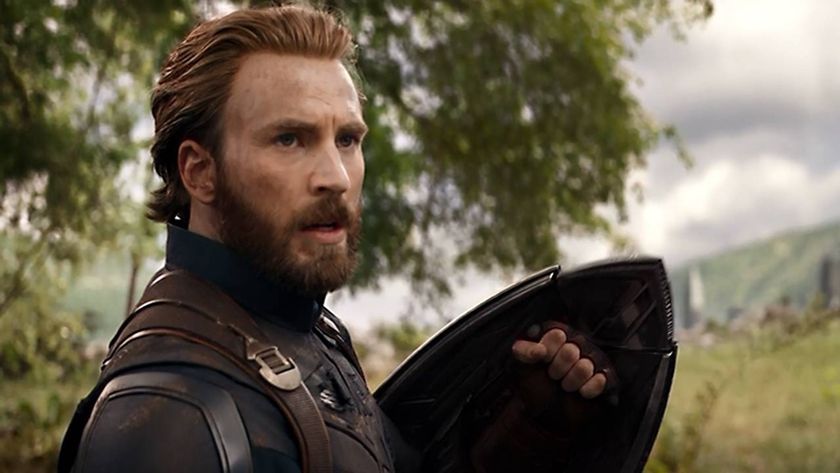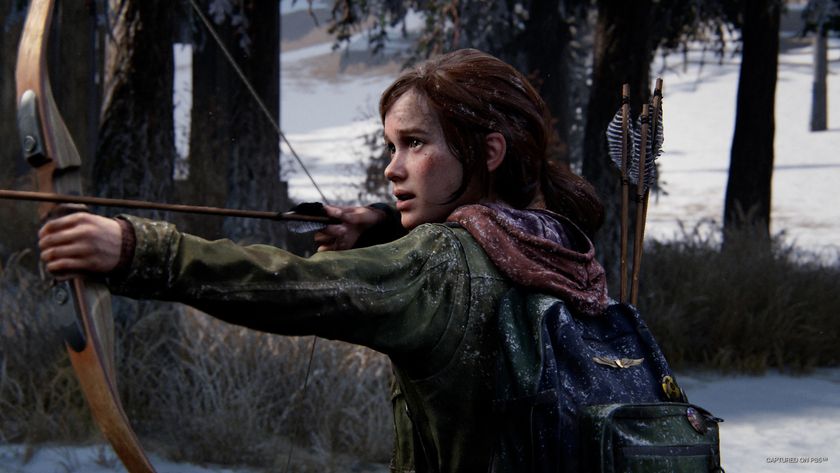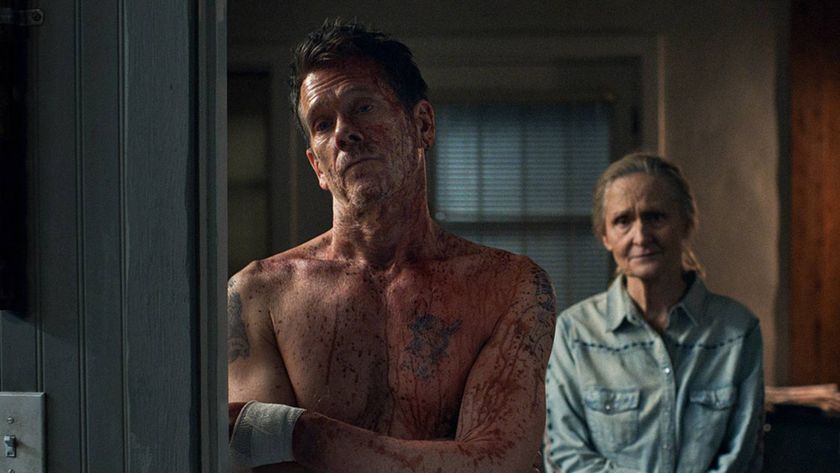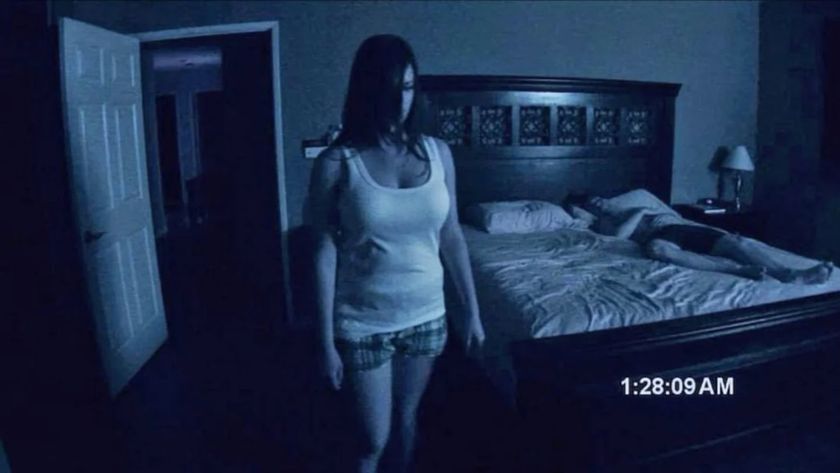Ahead of Overwatch 2, a eulogy for the Overwatch I once knew
Overwatch 2 will erase so much of what I know and love about the original game
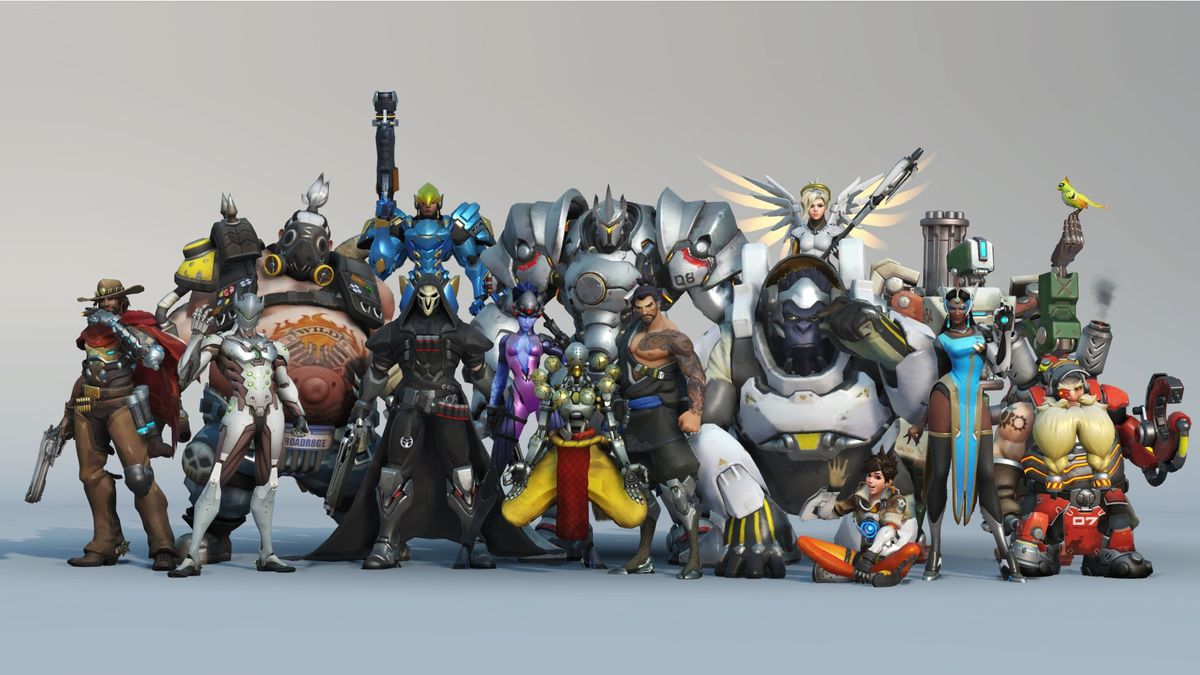
Today we honor the life of Overwatch 1, a groundbreaking hero shooter that debuted in 2016, bringing a whole new flavor to the genre and trailblazing the live-service space. Overwatch was all about carefully crafted team compositions selected from an ever-expanding roster of free characters, but the October 4 release of Overwatch 2 means the end of that game, both literally and figuratively.
On that day, Overwatch 2 will not only replace the original game (after nearly 48 hours of downtime, as Overwatch 1 will shut down on October 3) but will also circumvent many of the features and gameplay aspects that made the game so unique and so special. While this may be just symptomatic of any game's sequel, and perhaps an exciting change for some (Blizzard's Jon Spector claimed in a recent roundtable interview that the team has "consistently received really positive feedback" on all of the changes), it's not ideal for many Overwatch fans. With just days left, it's time to give Overwatch 1 a proper eulogy.
Overwatch won
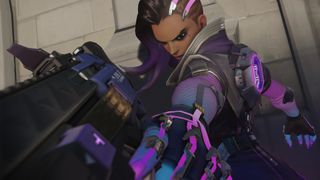
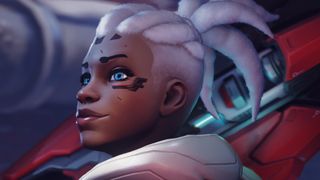
Overwatch 2's approach to new heroes is bad for both players and the game
Think back to when Overwatch 1 was first released on May 24, 2016. It charmed so many of us with its heart-on-its-sleeve energy, vibrant graphics, and uniquely specific heroes. The heroes' drastically different vibes and personalities spawned fan fiction both within the game's established (and colorful) canon and outside of it. Its rock-solid gameplay seemed to get better and better with each tweak, and while new heroes might upset its delicate balance, Blizzard was always there, working to right the ship.
We would eagerly await the announcement of new heroes that'd be free for all of us to play, wondering how they'd fit into the current meta, or if they'd be a good fit for our own playstyles and team comps. The collective joy when Jeff Kaplan (affectionately called 'Daddy Kaplan' amongst Overwatch vets) revealed new healer Moira at Blizzcon 2017 feels impossible to replicate today.
I've said this so many times I fear I'll be considered redundant but: Overwatch 1 is a game that's all about measures and counter-measures, about smartly choosing from the roster of heroes in a way that both befits your team and harasses the enemy squad. As such, it plays like a game of chess if you dropped some LSD before sitting down at the table, with even the most innocuous gameplay decisions having far-reaching consequences within a match. You'd be hard-pressed to find another modern game that's anything like Overwatch 1, and that's why the removal of any chance of playing it again is so jarring for diehard players.
Turn and face the strange
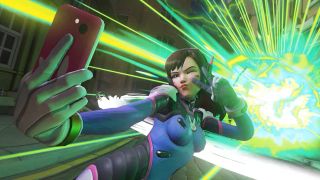
Blizzard has not been shy in saying that Overwatch 2 is a very different game than Overwatch 1, which doesn't help soothe the sting of the original game's departure - just look at the extent of the Overwatch 2 Hero changes. Game director Aaron Keller repeatedly referred to Overwatch as "fundamentally changed" during a June interview about the Overwatch 2 free-to-play model. Keller wasn't just referring to the new battle pass model (which the team insists is necessary in order to deliver the kind of content stream players have been requesting for years), but to the gameplay at large. Many, myself included, fear this change is shifting Overwatch 2 more towards FPS banality and away from the approach that made it so endearing some six years ago.
It's hard not to feel like Blizzard's fundamental changes are a mark of its ignorance towards what made Overwatch 1 so special. Whether it's willful or accidental ignorance is impossible to say, but the last few months have been full of conflicting stances and bold statements from the studio that seems like the team is at odds with the original game's essence.
Sign up to the 12DOVE Newsletter
Weekly digests, tales from the communities you love, and more
When asked about locking heroes behind a battle pass and how that would affect the natural ebb and flow of Overwatch matches, Blizzard was quick to state that they have data suggesting players don't often switch between heroes.
The majority of our players play a relatively small number of heroes.
Aaron Keller, game director
"If you look at the data, of how often people switch heroes and how many heroes they typically play at one time, the majority of our players play a relatively small number of heroes," Keller insists during a September 13 roundtable interview. "And as the players get to be a higher and higher skill level, that band of heroes they play, it actually narrows because it takes a really long time to get good at a hero to play at that level." Jon Spector doubled down on this statement, saying that "a majority of players in Overwatch 1 have a majority of their playtime on two or fewer heroes. And you can get to 99.9% of playtime for a majority of our players with 12 or fewer heroes." I reached out and asked to see the data in question, but have yet to receive a response as of the time of publication.
And barely a week after the team uniformly rebuked the notion that the average player swaps heroes, Overwatch 2 announced rewards for swapping heroes. A Developer Blog revealed that every hero will get a passive ability that awards 30% Ultimate charge for swapping characters. This comes after the beta awarded just DPS characters this buff. But it's hard not to feel a little gaslit (or at the very least, confused), after all, we were told that data suggests players don't swap heroes in Overwatch 1, so why will Blizzard issue a bonus for those who do in Overwatch 2? If you want to encourage swapping that you claim doesn't happen, then why lock some heroes behind battle pass tiers - or, in the case of new players, lock most of them behind play time?
New player problem
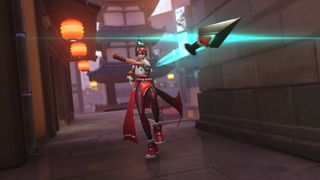
Blizzard is honest in its desire to attract new players with the drastic changes to Overwatch 2. Looking at their reworks of existing characters and the kits of their new characters, it's obvious the team is leaning more towards the FPS aspects of Overwatch in an attempt to court players of today's popular FPS shooters. Overwatch 2 swapping to a 5v5 model and removing one tank makes matches much more reliant on high damage-per-second output. After the first beta, I wrote that it sucks being an Overwatch 2 support player, as the faster, deadlier matches and lack of a second protective tank made my job much harder.
Keller's recent remarks make it abundantly clear that the days of Overwatch 1 tactics and counters are long gone: "We've made changes to reduce the amount of hard counters that Overwatch has, we want the game to be a little more organic, we want people to have more impact. But we also want them to have more freedom in what hero they're choosing for any particular situation." And yet, new Overwatch 2 players will have to play 100 matches in order to unlock every character. Once again, the messaging around the sequel is confusing at best, and purposefully obtuse at worst.
None of this changes the fact that Overwatch 1 will be laid to rest on October 2, and those of us who wish to continue playing the franchise will have to play its sequel. And while I have enjoyed my time with the Overwatch 2 beta and am sure that I will enjoy the full game in some capacity, I can't help but mourn the loss of the original title. After all, Overwatch was a live-service game before the live-service game boom, a hero shooter that treated its heroes as weapons instead of focusing on the minutiae of weapon-tuning and gunsmith builds. Now those heroes are stuck behind a battle pass, their talents locked away until you play more of this newer, faster game - or pay up.
May Overwatch 1 live on in our hearts forever more. After all, heroes never die.
Might as well check out all the Overwatch 2 battle pass details ahead of time.
Alyssa Mercante is an editor and features writer at GamesRadar based out of Brooklyn, NY. Prior to entering the industry, she got her Masters's degree in Modern and Contemporary Literature at Newcastle University with a dissertation focusing on contemporary indie games. She spends most of her time playing competitive shooters and in-depth RPGs and was recently on a PAX Panel about the best bars in video games. In her spare time Alyssa rescues cats, practices her Italian, and plays soccer.
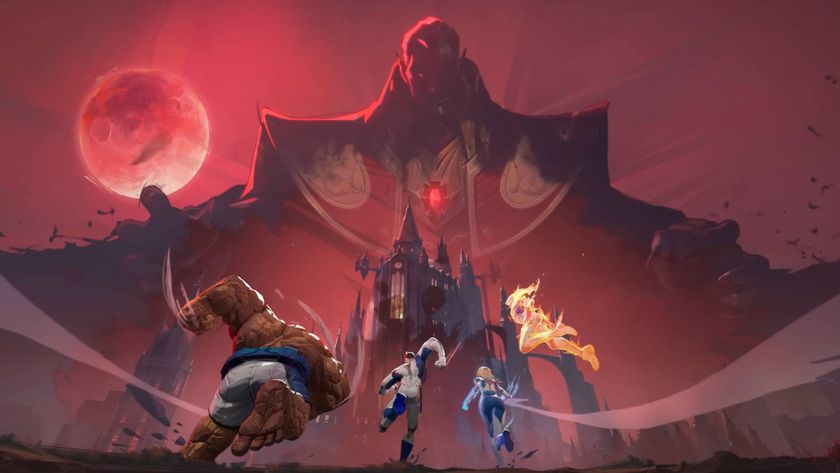
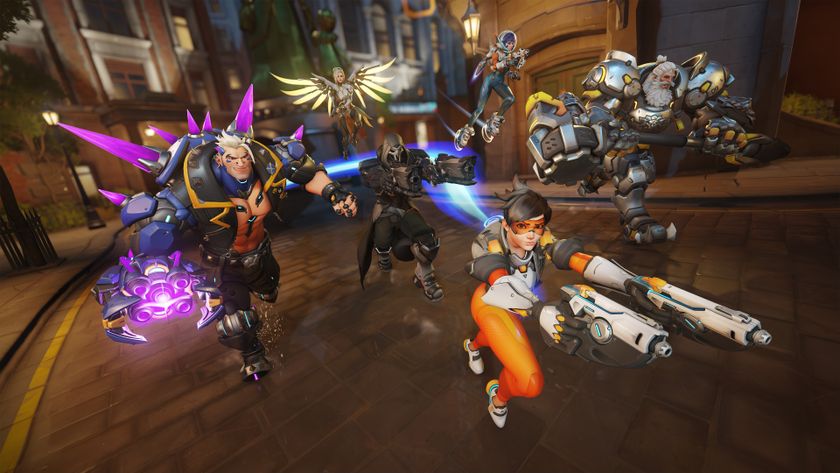
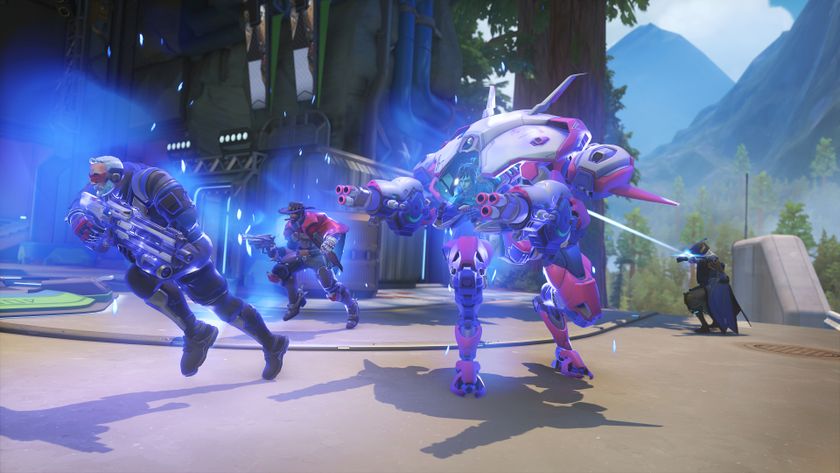
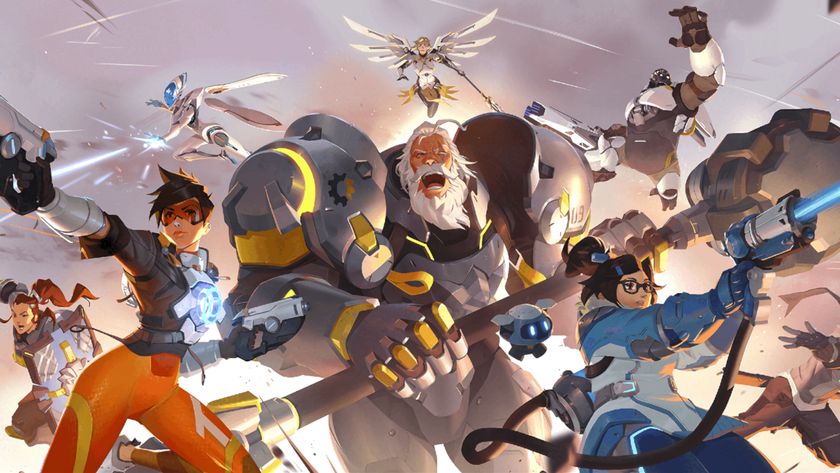
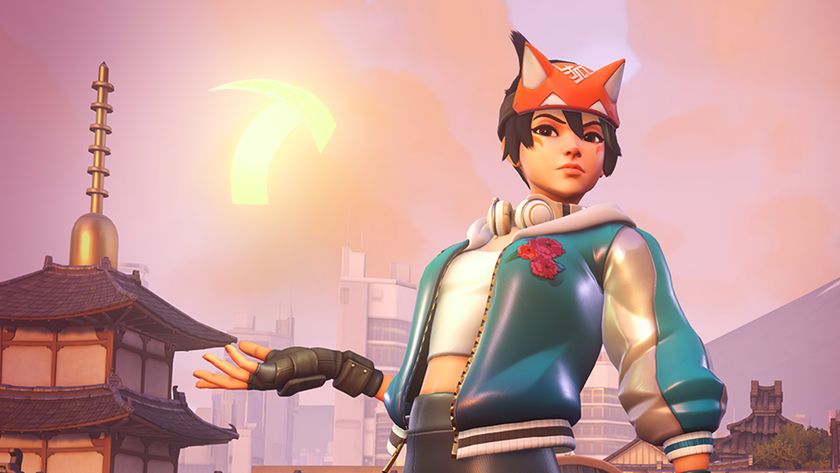
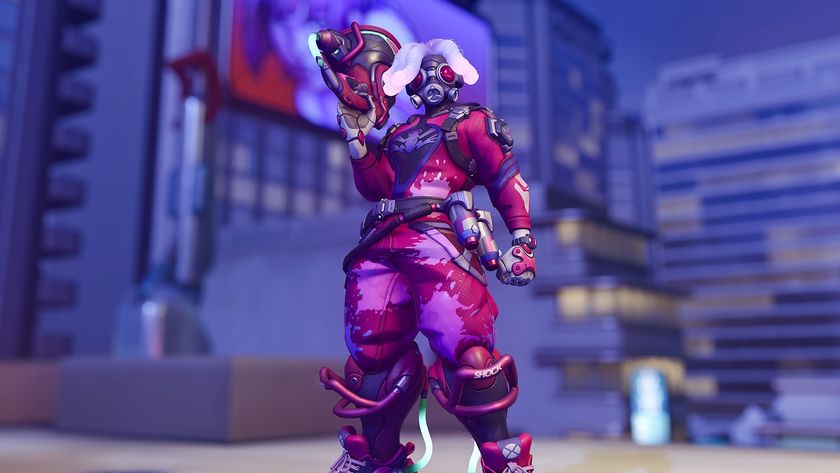
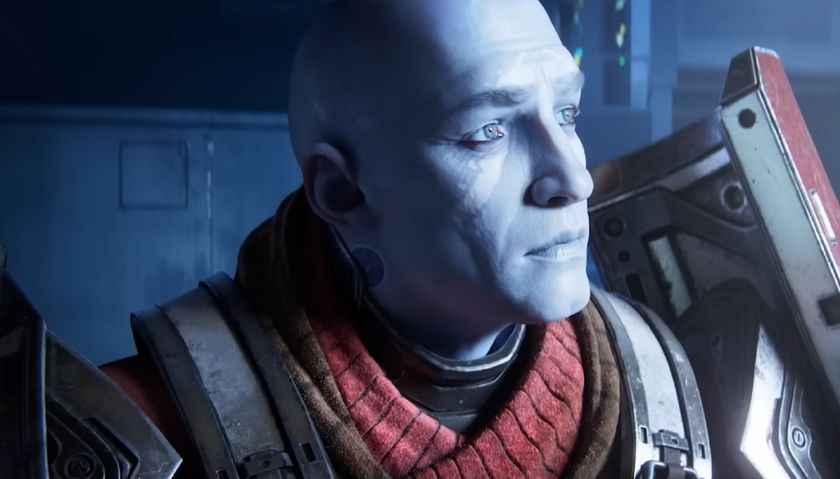
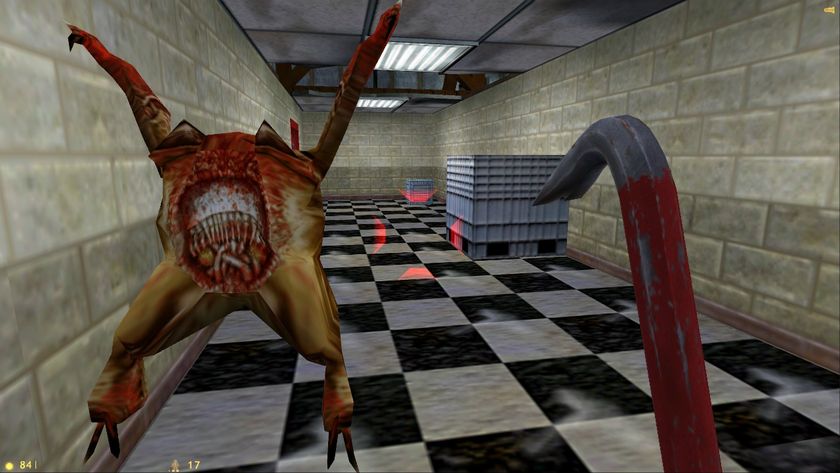
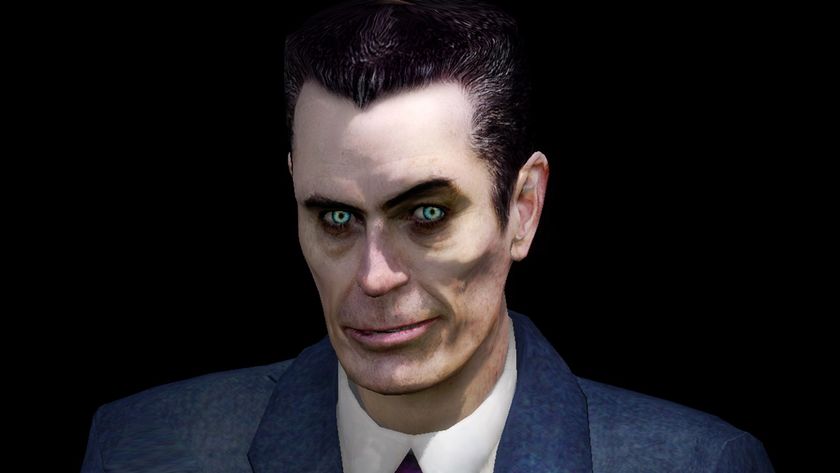
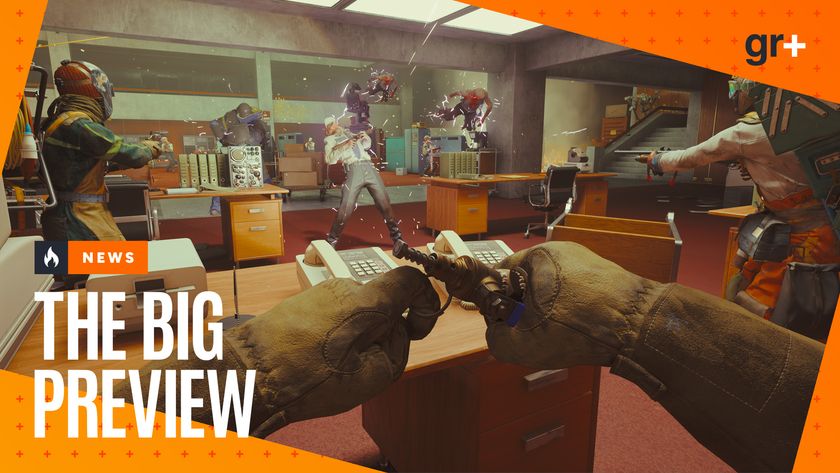

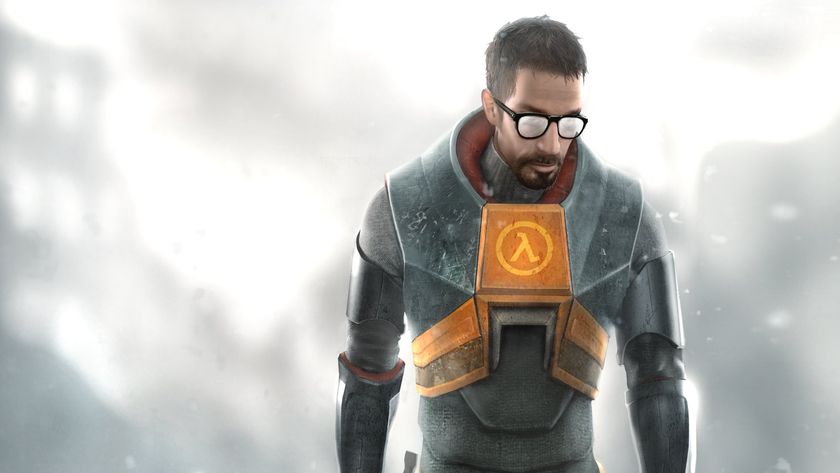
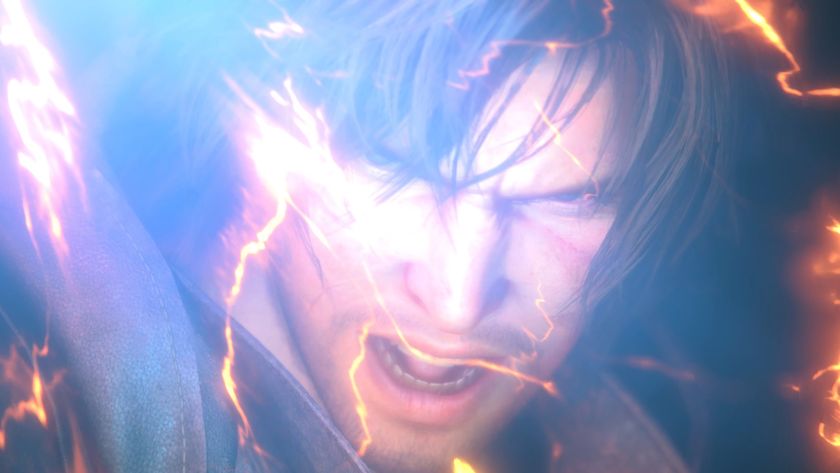
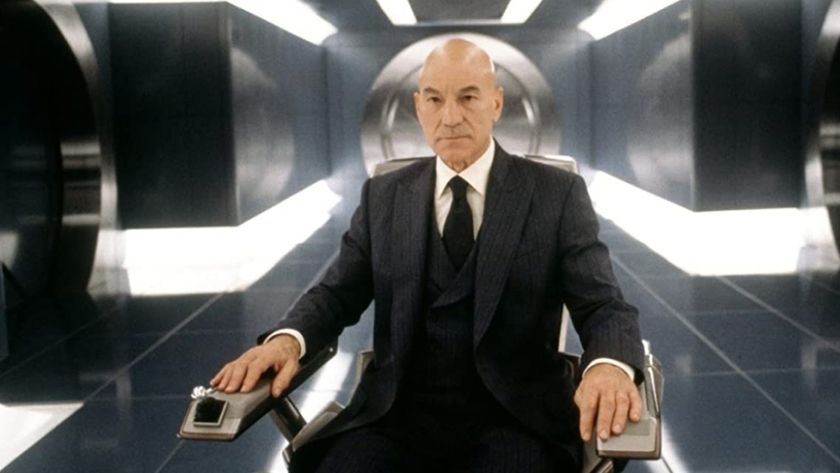

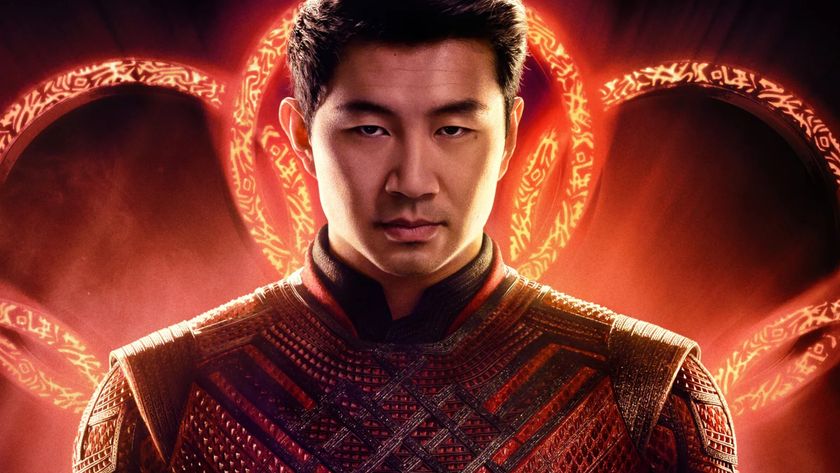
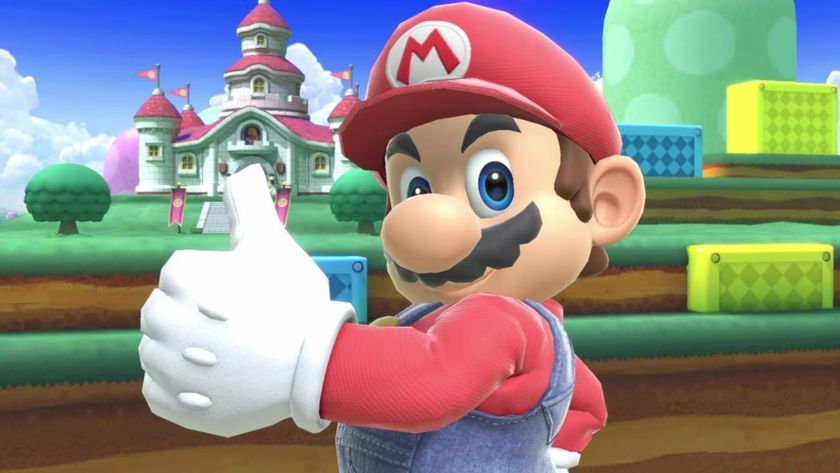
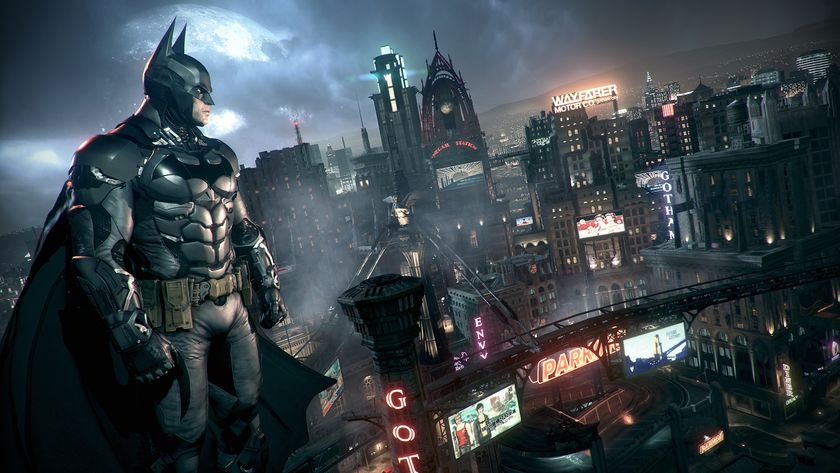

When Destiny 2 "weekly active users dropped lower and faster than we'd seen since 2018," Bungie assembled an A-Team to put out some fires: "We needed to do something"

Half-Life devs worried Gabe Newell "promised things that they couldn't possibly deliver" for the iconic FPS, but "they just didn't know" that they'd be able to do it yet

